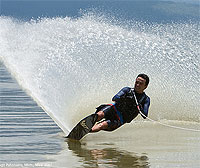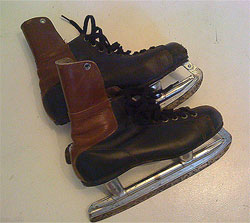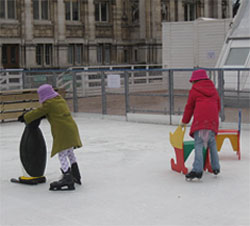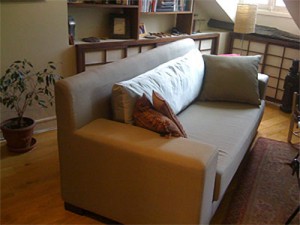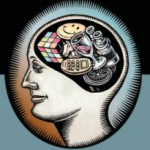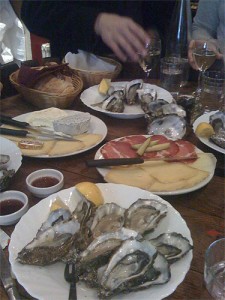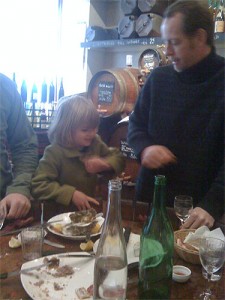Selective Memory
Yesterday, on my way out, I reached for my keys, which are usually stored in a shallow ceramic dish on a shelf next to the door. They weren’t there. I checked the usual alternate spots: Kitchen island? No keys. Dining table? No keys. On top of the microwave? No keys. On the bed table? In the office, on the desk? On top of the washing machine? I searched any place that a set of keys might light, and here’s what I found: no keys.
I’m relatively organized. Not that I run an everything-at-a-right angle shop here, but I make it a practice to pay attention where things end up. This is how I avoid spending too much time picking-up after my family. It’s like I’m continuously playing the card game concentration (or memory, as some call it). I spot something, usually in an incongruous place, and I remember its coordinates, like mental GPS. When somebody else who lives with me is missing something (“Seen my wallet?”) I can nonchalantly direct them to it (“Bottom shelf, bathroom”).
I know it’s not the end of the world to misplace a set of keys from time to time; I don’t need to be too hard on myself for an occasional memory lapse. Except here’s what’s disturbing: After a double canvassing of every room in our apartment, I slapped my sides in exasperation and that’s when I heard the noise. I slipped my hand into my coat pocket, and just then, at the exact moment my index finger touched the cold metal of one of the many keys on my chain, it all came back to me. A rush of a memory of something that had happened only five minutes before: Yes, I’d picked them up and put them in my pocket before I went to the kitchen to get a drink of water and returned to the foyer and picked up my ice-skates.
Within 30 seconds of the key-grabbing event, it had slipped from my gossamer memory, so completely out of my mental reach that I spent five minutes combing every room in the house for something that was on my person all along.
What kills me is how I did not remember picking up my keys only five minutes before, and yet, I can remember – vividly – this episode from McMillan & Wife circa 1972: Sally (a sassy Susan St. James) is kidnapped, and her husband Mac, the police commissioner (Rock Hudson) is trying to track her down. During the obligatory ransom call, he insists upon talking to her. “Are you okay?” he says. “Mac,” she says, “I haven’t been this nervous since our wedding night.” The captors grab the phone, and hang up.
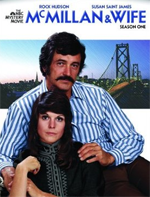
But Mac knows it’s got to be a clue. Sally is not only sexy; she’s smart. For the rest of the show (and it was long, like an hour-and-a-half) he’s racking his memory for what was distinctive about their honeymoon. The Eureka moment at the end of the episode: they’d spent their honeymoon near a harbor with a terrible smell of fish. Wherever Sally was now, blindfolded and locked in some closet, she must be smelling the same odor. Mac put it all together and rushed out to the port and saved her from the kidnappers.
It’s equally frightening that I also remember the quirky Sargeant Enright, and of course the McMillan’s housekeeper, Mildred, played by the ubiquitous mother-in-law of ‘70s television, Nancy Walker.
Why do our minds hold on to some things, and not others? How can I not remember something I physically enacted not five minutes before – slipping that heavy, noisy, set of keys into my pocket – yet I can remember, in embarrassing detail, this Sunday Night Mystery TV episode from more than twenty-five years ago? Something’s fishy.
